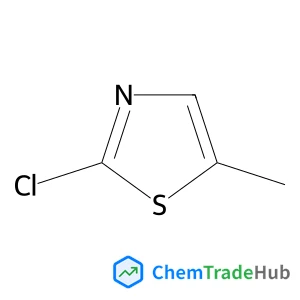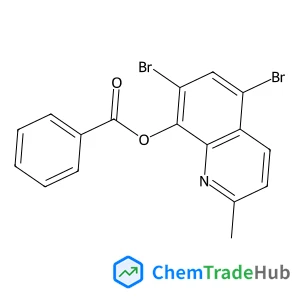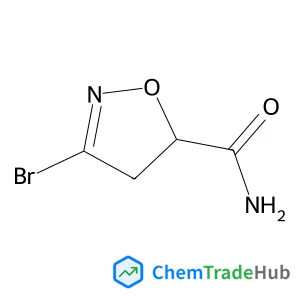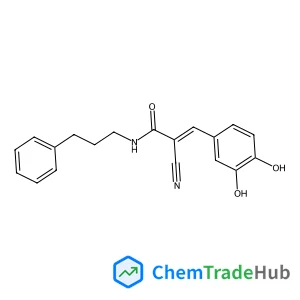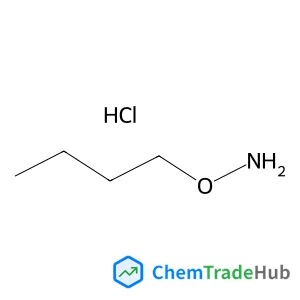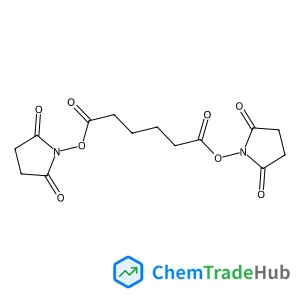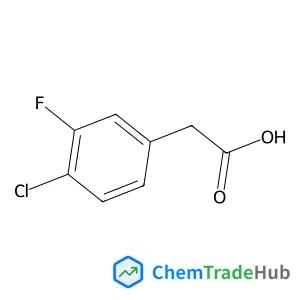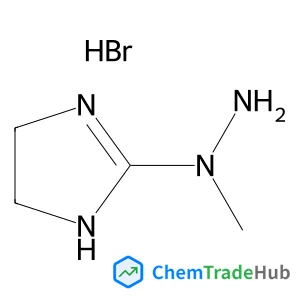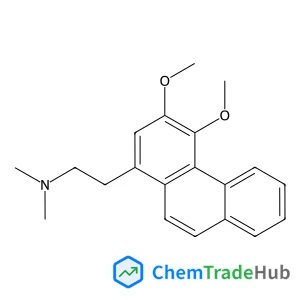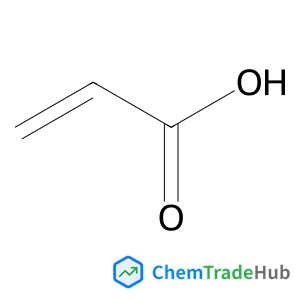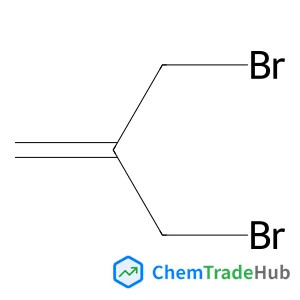Synthetic Communications
基本信息
Synthetic Communications is a world-leading journal publishing research exploring new methods, reagents, and other synthetic work pertaining to organic chemistry. Papers should provide enough experimental detail to aid chemists in replicating reported reactions. We publish original articles and short, focused review articles discussing topics within synthetic organic chemistry. We welcome research that explores, but is not limited to, the following topics: Organic synthesis •Total synthesis - natural products, bioactive molecules, building blocks, and NCEs •Synthesis in bio-organic chemistry •New synthetic methods •Asymmetric synthesis •Green synthesis •Electrosynthesis •C-H activation Catalysis in organic chemistry •Homogeneous catalysis •Heterogeneous catalysis •Asymmetric catalysis •Co-operative catalysis •Photoredox catalysis •Phase transfer catalysis •Carbenoid ligands in synthesis •Enzymes/microbial agents in catalysis Other areas of interest •Synthesis of new materials •Non-planar pi systems •Fullerene chemistry •Self-assembly •Molecular machines •Switching •Sensing •Molecular recognition The journal actively encourages proposals for special issues, which should be discussed with the Executive Editor in the first instance. Authors wishing to submit to Synthetic Communications should review the Instructions for Authors. Further guidance can be found on our Author Services webpage. Peer-Review Policy All submitted manuscripts are subject to initial appraisal by the Executive Editor, and, if found suitable for further consideration, to rigorous and rapid peer review by independent, anonymous expert referees. All peer review is single-anonymized. Publishing Ethics Synthetic Communications adheres to the highest standards of publishing ethics, with rigorous processes in place to ensure this is achieved. Taylor & Francis is a member of Committee of Publications Ethics (COPE) and utilizes Similarity Check via CrossRef for all journals. More information on our ethical standards and policies can be found here: http://authorservices.taylorandfrancis.com/ethics-for-authors/. The Journal has an appeals and complaints policy which can be viewed here: https://authorservices.taylorandfrancis.com/peer-review-appeals-and-complaints-from-authors/.
CiteScore
| 学科 | 排名 | 百分位 |
|---|---|---|
ChemistryOrganic Chemistry |
105 / 211 | 50% |
期刊统计
投稿信息
相关文献
Vapor-fed photoelectrolysis of water at 0.3 V using gas-diffusion photoanodes of SrTiO3 layers
Hyosuke Mukohara, Hiroki Sato, Chihiro Tateishi, Hiromasa Sato
DOI: 10.1039/C9SE01068H
Near infrared light activation of an injectable whole-cell cancer vaccine for cancer immunoprophylaxis and immunotherapy
Fei Wang, Junbin Gao, Shuanghu Wang, Jiamiao Jiang, Yicheng Ye, Juanfeng Ou, Shuwen Liu, Fei Peng, Yingfeng Tu
DOI: 10.1039/D1BM00542A
Carbon-based photocatalysts for enhanced photocatalytic reduction of CO2 to solar fuels
Mufeedah Muringa Kandy
DOI: 10.1039/C9SE00827F
Engineering nanoporous organic frameworks to stabilize naked Au clusters: a charge modulation approach
Chengcheng Tian, Xiang Zhu, Huize Wang, Hai Wang, Carter W. Abney, Ning Zhang
DOI: 10.1039/C8CC02966K
The limits to biocatalysis: pushing the envelope
Roger A. Sheldon, Dean Brady
DOI: 10.1039/C8CC02463D
Pulsed laser rusted stainless steel: a robust electrode material applied for energy storage and generation applications
Namachivayam Karthik, Tian Tian, Thomas Nesakumar Jebakumar Immanuel Edison, Raji Atchudan, Yong Rok Lee, Seongbeom Kim, Dangsheng Xiong
DOI: 10.1039/C9SE00676A
Increasing efficiency of perovskite solar cells using low concentrating photovoltaic systems
Hasan Baig, Hiroyuki Kanda, Abdullah M. Asiri, Mohammad Khaja Nazeeruddin, Tapas Mallick
DOI: 10.1039/C9SE00550A
Catalytic depolymerization of Kraft lignin to produce liquid fuels via Ni–Sn metal oxide catalysts
Baikai Zhang, Wenzhi Li, Xiaomeng Dou, Jindong Wang, Lele Jin, Ajibola T. Ogunbiyi, Xiaosen Li
DOI: 10.1039/C9SE01089K
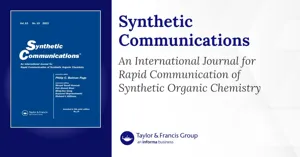
推荐供应商
 德国安全- Produkte für die Arbeitswelt
德国安全- Produkte für die Arbeitswelt 上海旭升精细化工技术研究所
上海旭升精细化工技术研究所 上海晟铱生物科技有限公司
上海晟铱生物科技有限公司 济南信立业化工有限公司
济南信立业化工有限公司 上海优拓医药科技有限公司
上海优拓医药科技有限公司 印刷科技有限公司
印刷科技有限公司 云南氟业
云南氟业 温州华敏不锈钢有限公司
温州华敏不锈钢有限公司 东莞市合创新材料科技有限公司
东莞市合创新材料科技有限公司 安徽南方化工泵业有限公司
安徽南方化工泵业有限公司










![28443-57-4 - 4-[4-[(5S)-5-(氨基甲基)-2-氧代-3-恶唑烷基]苯基]-3-吗啉酮 28443-57-4 - 4-[4-[(5S)-5-(氨基甲基)-2-氧代-3-恶唑烷基]苯基]-3-吗啉酮](/structs/284/28443-57-4-e4c7.webp)
